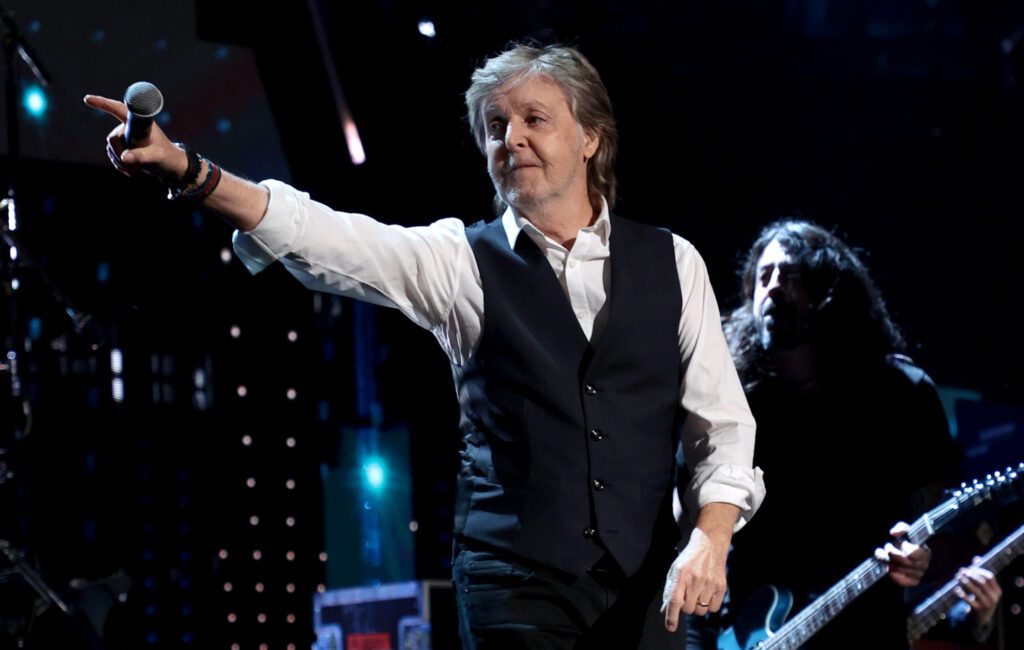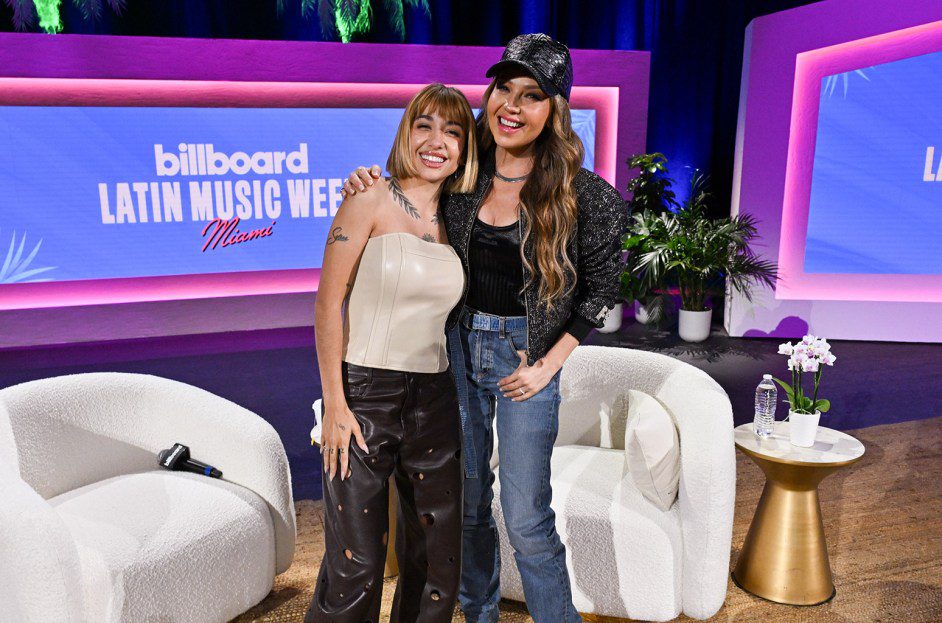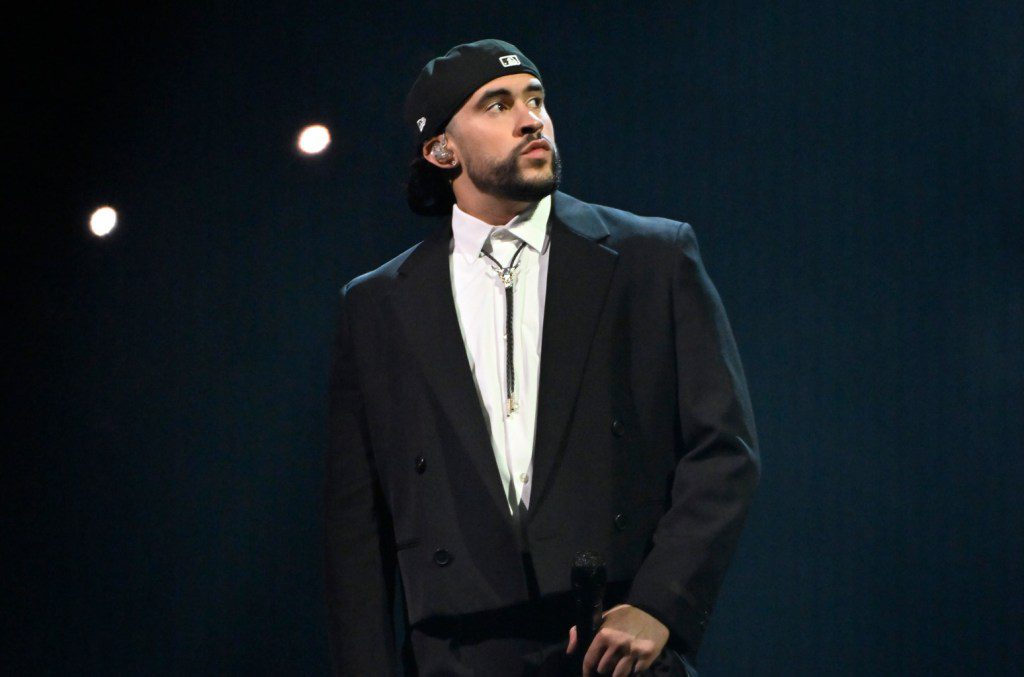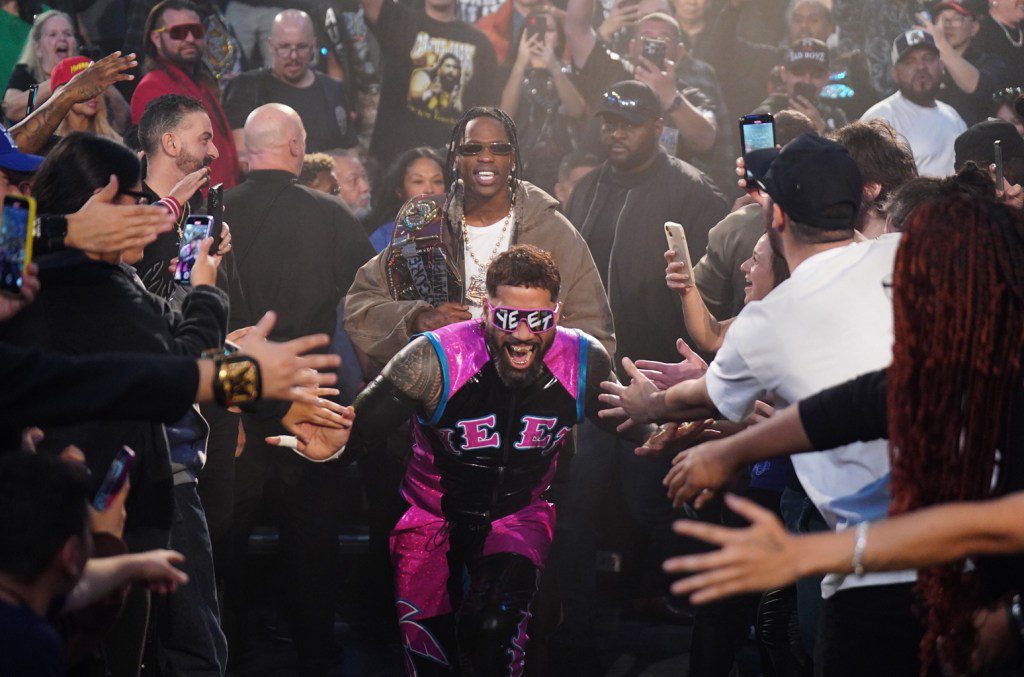Paul McCartney's ‘Hey Jude’ notes sold as an NFT for over $76,000
An NFT of Paul McCartney‘s handwritten notes for ‘Hey Jude’ has sold for over $76,000 (£56,136).
Last month, John Lennon‘s eldest son Julian launched a special range of non-fungible tokens (NFTs) containing digitised pieces of Lennon and Beatles memorabilia from his personal collection.
Fans were given the chance to “own a piece of music history” through an online auction that took place on Julien’s Auctions yesterday (February 7).
According to Rolling Stone, the six available NFTs sold for a combined $158,720 (£117,236) with McCartney’s personal ‘Hey Jude’ notes coming in as the biggest-seller at $76,800 (£56,727).
It was estimated that this individual NFT would fetch between $50,000 to $70,000 (£36,932 and £51,704).
The Beatles’ ‘Hey Jude’ arrived as a standalone single in August 1968 ahead of the group releasing their classic ‘White Album’ later that year. The track remains a staple of McCartney’s solo concerts.
Elsewhere, an NFT of John Lennon’s Help! cape brought in $12,800 (£9,455) while the NFT of the Afghan coat he wore in the Magical Mystery Tour film sold for $22,400 (£16,545). An NFT of a 1959 Gibson guitar that Lennon gave to his son as a gift was also snapped up for $22,400.

Each item in the auction was presented as an audio-visual collectible, with Julian Lennon also providing narration as well as accompanying imagery of the item in question.
A portion of the proceeds from sales of the Beatles and Lennon NFT collection will go towards Julian’s White Feather Foundation.
“I’ve been collecting these personal items for about 30 years, and I was getting a bit fed up with them being locked away in a vault, where I’ve had to keep them because I didn’t want them to get damaged,” Lennon previously told Variety about the venture.
“We did a few exhibitions in Europe with the items, and my intention was to take the collection and tour it, and I still hope to at some point in time, but obviously the last few years have not been helpful.”
He continued: “I actually felt very bad about keeping all that stuff locked away, and I just felt that this was a unique way to continue dad’s legacy and to show people the collections I have, and with the videos and narration, to give people a little more than they would normally get and hear some stories that they haven’t heard before in a new art form and a different medium.”
In other news, The Beatles’ legendary 1969 rooftop performance from Get Back has been released as a live album on major streaming platforms for the first time.





